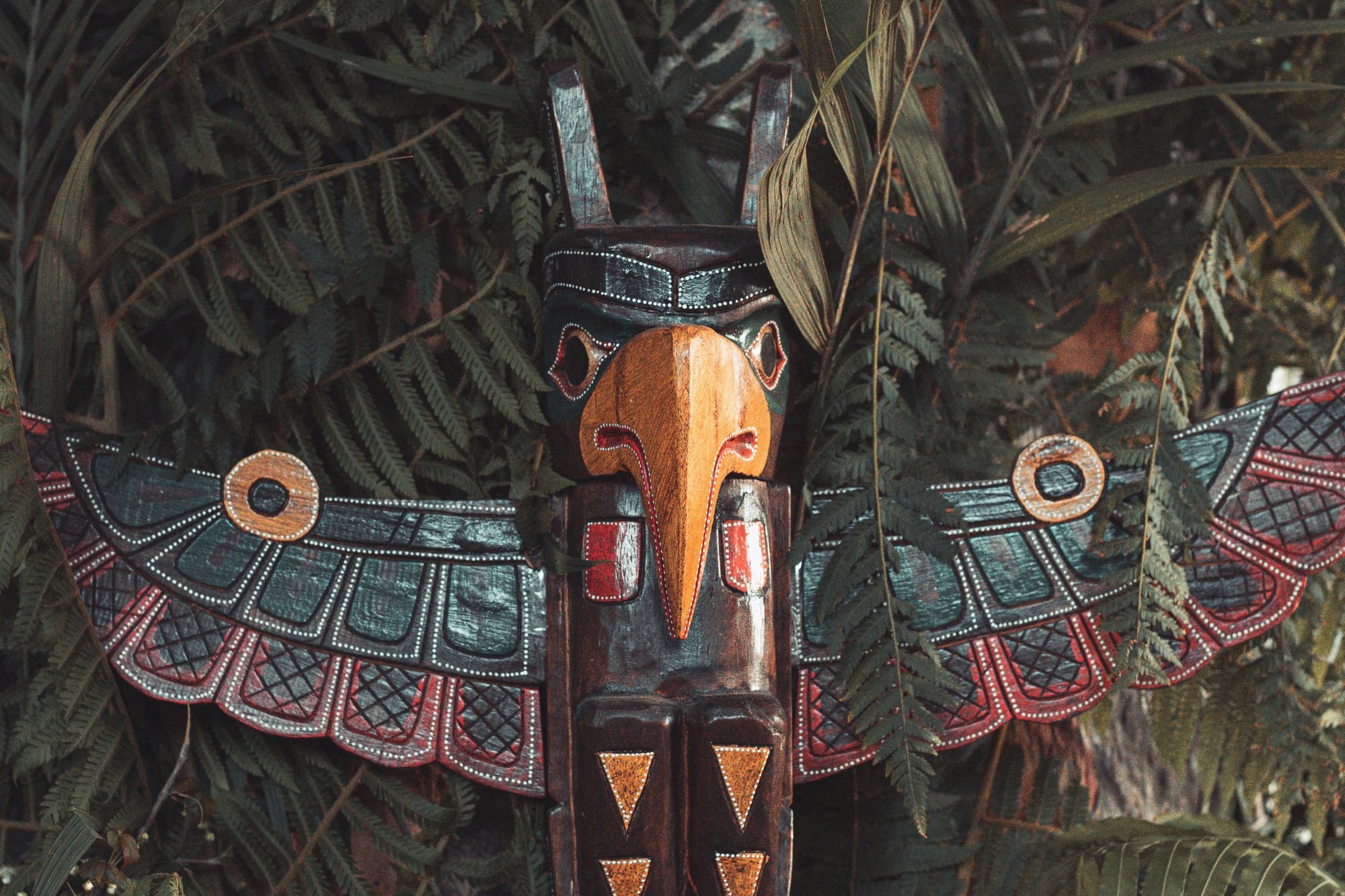Understanding the Significance of Indigenous Status After a Death

Losing a loved one is a deeply personal and emotional experience, but for Indigenous communities, the passing of a member carries significant cultural, spiritual, and legal implications. Indigenous status, recognized by the government and within Indigenous communities, plays a crucial role in various aspects of life, including identity, rights, benefits, and responsibilities. In this comprehensive guide, we'll delve into why Indigenous status matters after a death, exploring its implications for individuals, families, and communities.
Understanding Indigenous Status
Indigenous status refers to an individual's recognition as a member of an Indigenous community or nation, often based on cultural, ancestral, or legal criteria. In Canada, Indigenous peoples include First Nations, Métis, and Inuit, each with distinct cultural identities, languages, and traditions. Indigenous status is recognized by the government through registration under the Indian Act or by affiliation with a Métis or Inuit organization.
Cultural and Spiritual Significance
Identity and Belonging: Indigenous status is deeply intertwined with cultural identity and belonging. For many Indigenous peoples, being recognized as a member of their community is essential to their sense of self and connection to their heritage.
Ceremonies and Traditions: Indigenous status often determines eligibility to participate in cultural ceremonies, practices, and traditions. From powwows to sweat lodges, access to cultural ceremonies is often reserved for those who hold Indigenous status within their community.
Ancestral Connections: Indigenous status also carries ancestral significance, as it reflects a lineage of belonging to a particular community, territory, or nation. It honors the legacies of ancestors and affirms the continuity of Indigenous cultures and traditions.
Legal and Rights-Based Considerations
Treaty Rights: Indigenous status may entitle individuals to certain treaty rights and benefits established through historical treaties between Indigenous nations and the Canadian government. These rights may include hunting, fishing, and land use rights, as well as access to education and healthcare services.
Land Claims and Indigenous Rights: Indigenous status is often central to land claims and Indigenous rights movements, as it establishes a legal basis for asserting jurisdiction over traditional territories and advocating for Indigenous self-determination and sovereignty.
Government Programs and Services: Indigenous status may determine eligibility for government programs and services designed to support Indigenous communities, such as housing assistance, education funding, and healthcare benefits.
Implications After a Death
Estate Planning: Indigenous status may have implications for estate planning and inheritance within Indigenous communities. It may affect the distribution of assets, land, and resources, as well as the recognition of cultural and spiritual obligations.
Community Membership: The passing of an individual with Indigenous status may impact their community's sense of identity and membership. It may also affect leadership succession and the transmission of cultural knowledge and traditions to future generations.
Cultural Protocols: Indigenous communities often have specific cultural protocols and practices surrounding death, mourning, and burial. Indigenous status may influence participation in these ceremonies and the observance of traditional customs and protocols.
Navigating Indigenous Status After a Death
Consult Elders and Community Leaders: Seek guidance from Elders, knowledge keepers, and community leaders within the Indigenous community to understand the cultural and spiritual significance of Indigenous status after a death.
Follow Community Protocols: Respect and honor Indigenous cultural protocols and practices surrounding death, mourning, and burial. Consult with community members to ensure that cultural traditions are observed and respected.
Address Legal and Administrative Matters: Address legal and administrative matters related to Indigenous status, such as updating registration status, notifying government agencies, and accessing support services available to Indigenous communities.
Indigenous status holds profound significance for individuals, families, and communities within Indigenous societies. Recognizing and honoring Indigenous status after a death is essential to respecting cultural, spiritual, and legal obligations and upholding the rights and responsibilities of Indigenous peoples. By understanding the implications of Indigenous status and engaging with Indigenous communities with sensitivity and respect, we can support healing, reconciliation, and the preservation of Indigenous cultures and traditions in the wake of loss.




